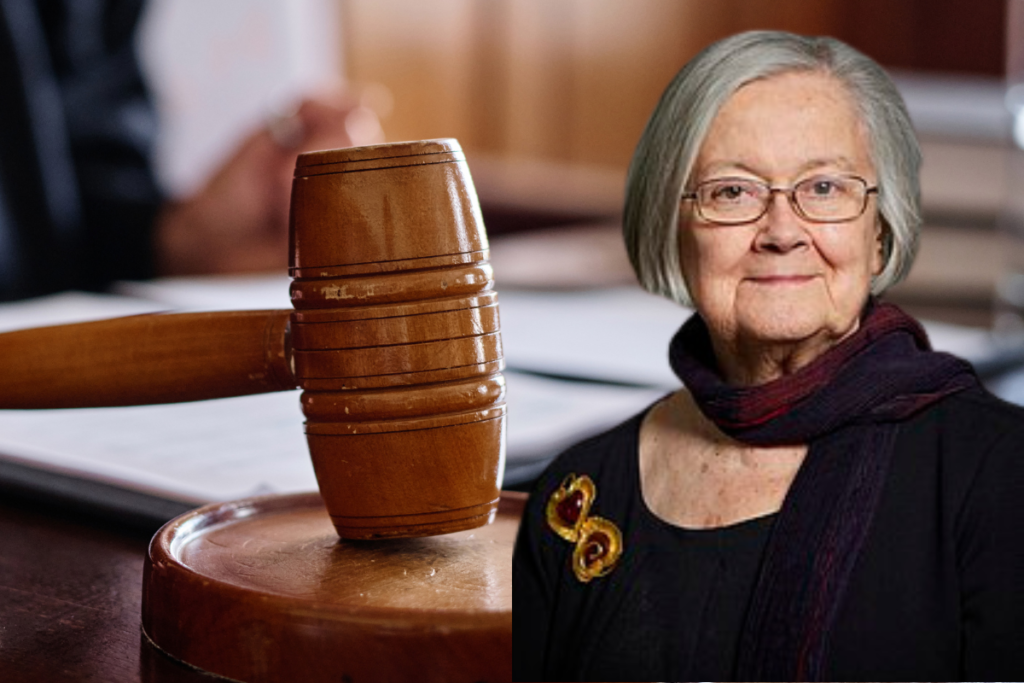Police forces across England and Wales have identified 287 historic cases of suspected child sexual exploitation involving grooming gangs that are now set to be reviewed. The announcement came from Home Secretary Yvette Cooper, who had previously directed all 43 police forces to re-examine unresolved or inadequately investigated cases. So far, just over half of the forces have responded, with the remaining forces expected to report back in the coming weeks. The move is part of a broader effort to ensure justice for survivors of exploitation and to address past failures in the handling of such cases by authorities.
In tandem with the review, the government is also considering launching a formal “disregard” scheme that would allow the removal of certain criminal convictions from the records of people who were exploited as children. Many victims of child sexual exploitation were arrested and convicted of crimes such as loitering or soliciting for prostitution while under the coercive control of abusers. Under the proposed policy, these individuals, many of whom are now adults, would be able to apply to have those convictions expunged. The initiative is inspired by “Sammy’s Law,” a campaign led by abuse survivor Sammy Woodhouse, which aims to prevent victims from being criminalized for actions committed while they were being exploited.
Speaking during a Home Affairs Select Committee hearing, Cooper reinforced the government’s commitment to rectifying historic injustices while also strengthening its current immigration and border systems. She outlined plans for a fast-track removal process for individuals seeking asylum from countries deemed “safe,” and she advocated for the development of a digital system for e-visas and border control, which would enhance the government’s ability to track who is entering and remaining in the UK. These measures are part of a wider agenda to improve both national security and the integrity of the immigration system.
Cooper also raised concerns about the rise in youth involvement in extremist activities, revealing that counter-terrorism caseloads involving teenagers have tripled over the past three years. There has also been a doubling of referrals to the Prevent programme since last summer, though she acknowledged ongoing concerns about underreporting in cases related to Islamist extremism. The government’s focus on these issues reflects an attempt to strike a balance between addressing the country’s security needs and correcting systemic failings that have harmed vulnerable children and undermined public trust in institutions.



